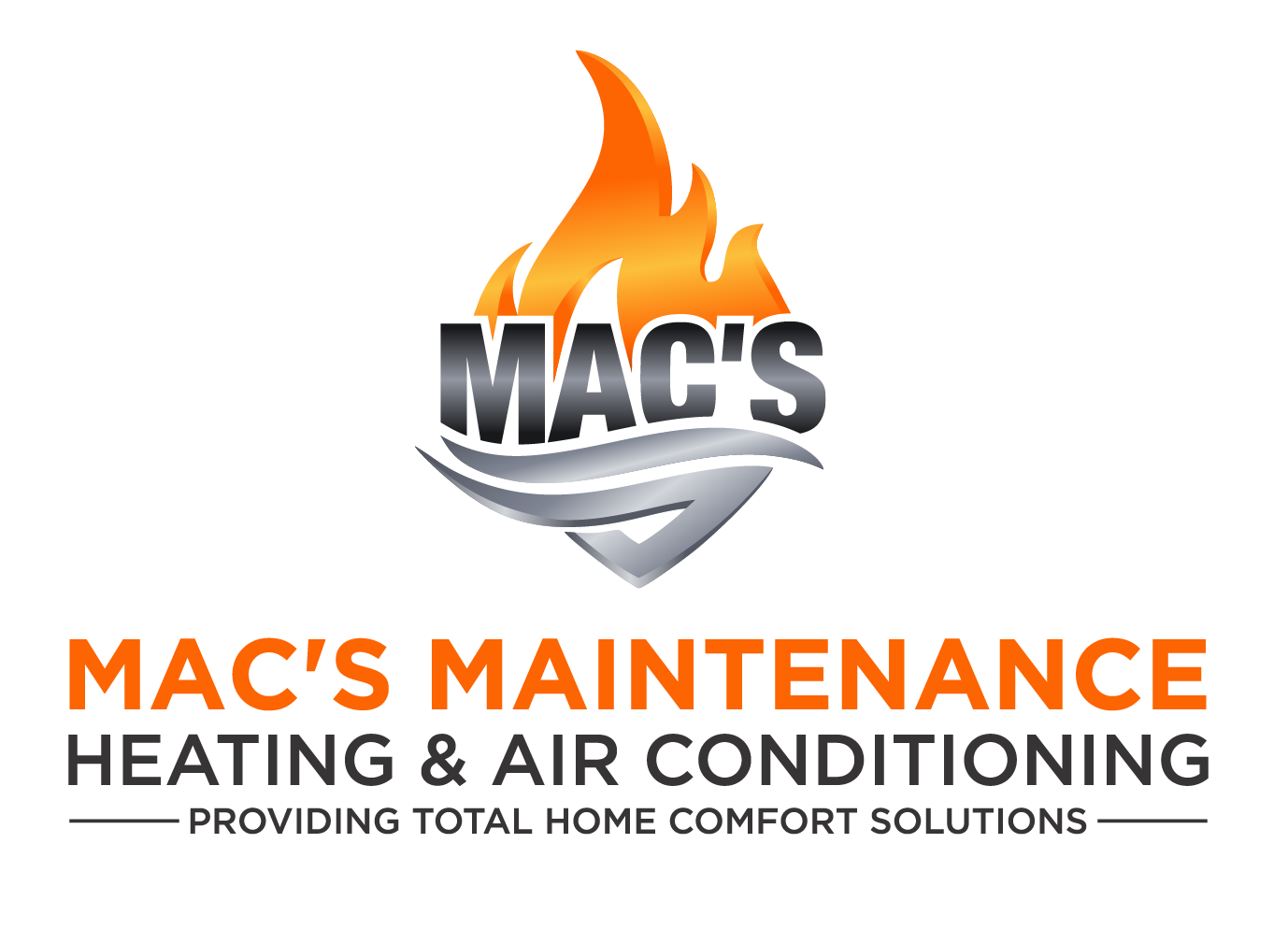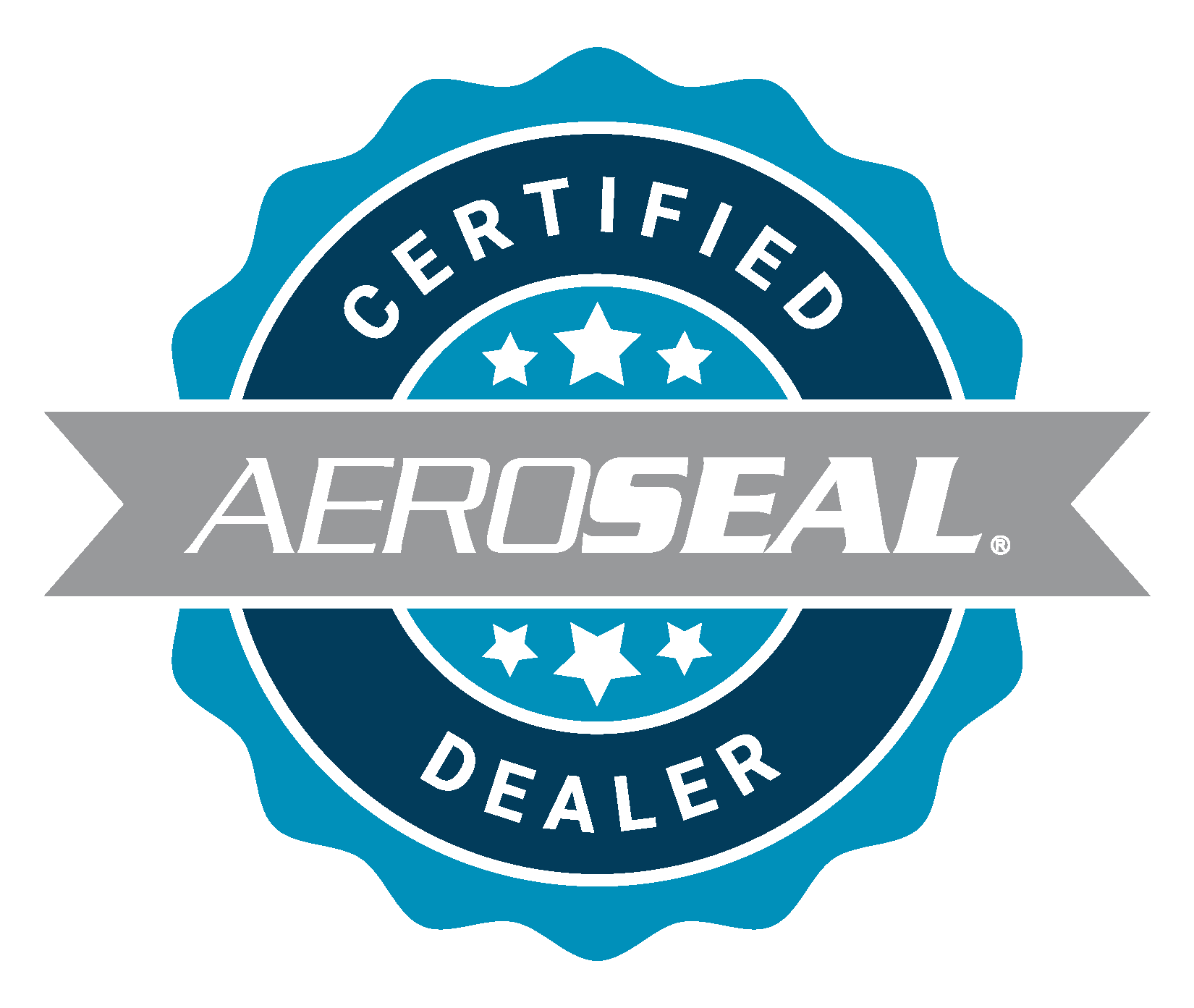Follow Us x
Frequently Asked Questions
Should I have my furnace and air conditioner serviced every year?
Yes. Especially on systems that are over five years old. An annual cleaning and tune-up will ensure that the equipment runs most efficiently. Keeping your HVAC system properly maintained will help prevent breakdowns, lower energy and repair costs and prolong the life of your equipment. Also, several part warranties require regular maintenance. If a part fails due to neglect of maintenance, the warranty may be void.
How often should I change my filter?
Filters should be checked monthly and changed if needed. Frequency depends on equipment run-time (equipment runs more in the summer and winter) and environmental factors such as excess dust, pet hair and smoke.
How often should I change my humidifier filter?
You should change your humidifier pad twice a heating season, once in the beginning of the heating season and in the middle of the heating season.
What temperature should I set my thermostat?
Normal cooling settings are 75 degrees - 80 degrees. Normal heating settings are 68 degrees - 72 degrees. You should always set your thermostat to the highest possible setting that is comfortable for you in the summer, and the lowest comfortable setting in the winter. Setting your thermostat in this way will maximize your energy savings. On average, every 1 degree of temperature change is equal to about 1% energy savings. For example, changing your thermostat setting from 75 degrees to 76 degrees in the summer could result in savings on your cooling costs.
Do I need to replace my older thermostat?
We recommend that thermostats be changed to digital because digital thermostats are much more accurate and can include additional features such as programming and filter reminders.
Do I need a whole house humidifier?
Tired of getting shocked because of our dry Colorado air? Humidity can be added to the air with a whole-house humidifier. Whole-house humidifiers distribute humidity evenly throughout the home using the existing ductwork. This moisture can help alleviate “shocks,” dry skin, sore throats and dry wood flooring.
Do I need a contractor that is licensed?
Definitely. Licensed contractors tend to be a more reliable and reputable choice as compared to those who are not licensed. The work of a licensed contractor is held accountable by the city and county through permits and inspections. The best way to protect your home and lower risk of liability while having contractors in your home is to hire a company that is fully insured.
What is the average life expectancy of HVAC equipment?
Most systems have a lifetime of 10 to 20 years. As your equipment gets older, it's efficiency can decrease dramatically. You may notice that it gets noisier and needs repairs more often. When a unit begins to show it's age, you have two choices; you can repair the system or replace it. Because heating and cooling technologies improve over time, a new system designed with newer, more energy-efficient equipment makes sense, especially if your system is 10 or more years old.
Will a larger sized system perform better?
No. This is actually a common misconception. Air conditioners control the comfort level in your home by cooling the air and by removing humidity. An oversized air conditioner will cool your home faster, but it will use more energy and will not remove humidity adequately.
A unit that is too big for your home will have short run cycles. These short run cycles also mean your system starts and stops more often which uses more energy and causes a lot of wear and tear.
The same holds true with heating systems. An oversized furnace will warm the house quicker, but it uses more fuel and causes greater temperature swings in the home.
What are the advantages of equipment with variable speed fans?
Variable speed fans operate on a simple principle: they are able to spin at different speeds depending on the heating and cooling needs of your home. Usually, they operate at lower speeds, delivering a steady, reliable stream of warm or cool air to your home. This helps control humidity levels, utility costs and system noise. When conditions become more extreme, the fan speed increases so that the system can meet increased demand, guaranteeing that on even the hottest days or coldest nights, you're comfort needs will be met.
Can I still get R-22 refrigerant?
Yes, R-22 refrigerant is no longer being produced but it is still available. The cost of R-22 continues to rise as supplies become more limited.


